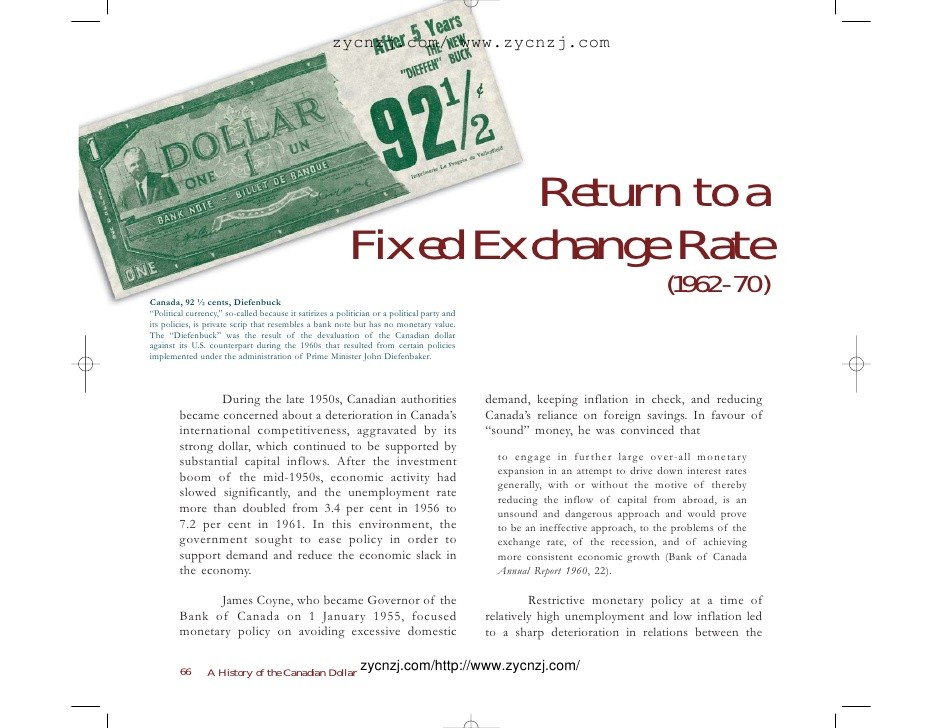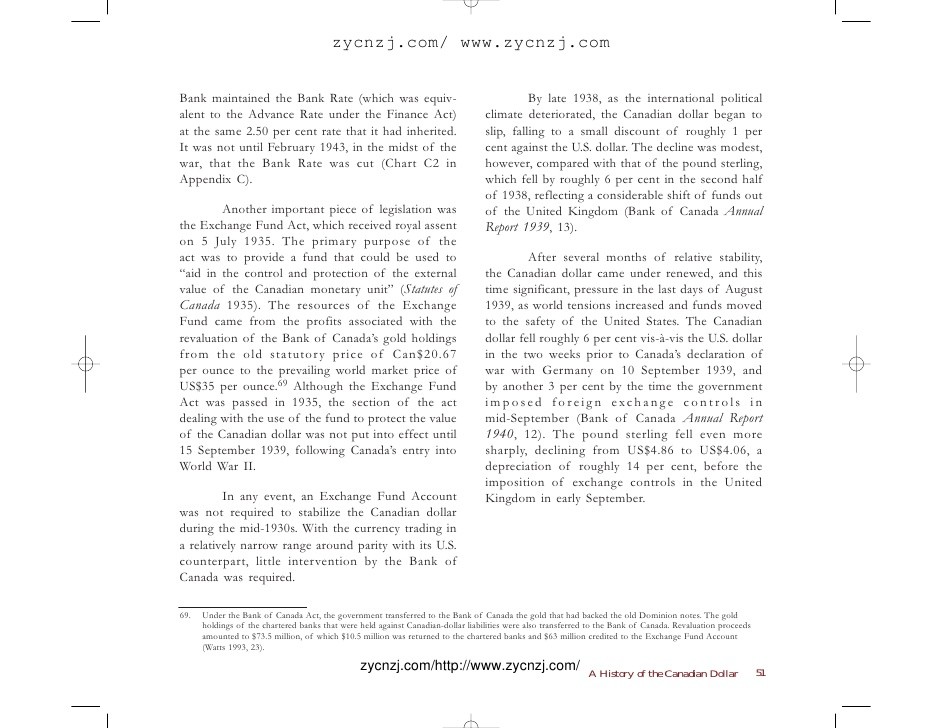Broke Britannia tightens its belt Canadian Business
Post on: 16 Март, 2015 No Comment

A funny thing happened on Oct. 20 (a.k.a. Axe Wednesday), when U.K. Chancellor of the Exchequer George Osborne moved to save his nation, a long-time centre of global finance, from the embarrassment of losing its triple-A credit rating. While citizens in other parts of Europe have been raging against austerity measures brought on by out-of-control sovereign debt, the Brits greeted the toughest spending cuts to come out of London since the Second World War with little more than stiff upper lips.
On average, Osborne slashed ministerial budgets by 19%. Taxes and the retirement age will rise while half a million public-sector jobs evaporate. Even the Queen will have to tighten her belt thanks to cuts in the royal allowance. Today is the day when Britain steps back from the brink, when we confront the bills from a decade of debt, Osborne explained in the House of Commons.
The spending review by Prime Minister David Camerons coalition government probably dampened spirits down in Davy Jones locker. After all, it is hard to imagine lost souls who defended the British Empire accepting the decommissioning of one-quarter (measured by tonnage) of the royal fleet. But on terra firma, the public appears surprisingly resigned to accepting the need to aggressively tackle the $260-billion deficit, which is 11.4% of GDP.
The Brits are certainly not opposed to public dissent. Smoke blanketed Londons Trafalgar Square in 1990 after a massive street rally against former prime minister Margarets Thatchers poll tax sparked the worst riots seen by the city in a century. In 2007, thousands of U.K. citizens joined forces to defy a pub smoking ban. (Some actually expressed outrage again after the awful smell of some British drinking establishments and their beer-fuelled patrons was unmasked.)
Nevertheless, while British union workers and students took to the streets to express anger over jobs reductions and tuition hikes, the general reaction to Osbornes measures was nothing like what has been taking place on the Continent. French President Nicolas Sarkozys pension reforms have sparked youth riots, violent strikes and fuel blockages that threatened to hobble the national economy, and austerity measures in countries such as Greece, Italy and Ireland have had similar results.
According to opinion polls, the British generally think austerity measures are unavoidable. Why? Nobody really knows. But Alex Jurshevski, founder of Torontos Recovery Partners, a risk-management advisory firm, thinks the answer lies with Thatcher who, he says, significantly watered down union mentality in the U.K. something that has not taken place on the Continent.

David Kotok, a New Jersey-based global fund manager and co-author of Invest in Europe Now. thinks that different legal traditions are at work. He points out that British law is rooted in the protection of individual rights from the power of the state, while most law in continental Europe is derived from the Roman tradition of absolute state power.
As a result, Kotok says Brits generally see a need to be self-reliant and not a ward of the state, and thats not a major concern in the eurozone. The pendulum is swinging, he admits, but as things stand, the French and Greeks have no problem trying to influence the state in order to receive payments which are unearned.
Whatever the case, Britains attempt to reduce the nations deficit by 8% of GDP by 2015 could eventually lose public support. After all, unlike Canada, where the economy grew by about 3% per annum in the mid-1990s despite a fiscal consolidation equal to about 7% of GDP, the U.K. is trying to get its fiscal house in order when its major trading partners are also struggling with debt and economic growth issues.
In other words, Osbornes cuts could lead to another downturn, which is why some economists argue he should put down the axe until the global economy strengthens. Then again, as Jurshevski notes, overspending in Britain and other nations could easily spark another worldwide financial crisis. This isnt a question of jam today, or jam tomorrow, he says. There is no more jam.














